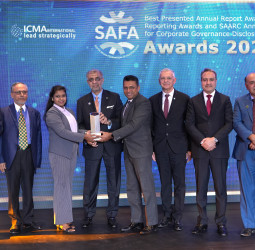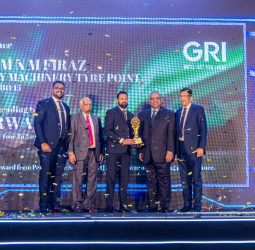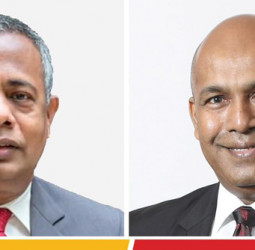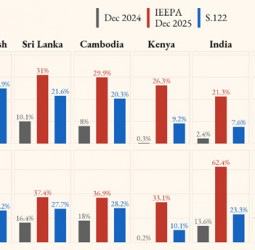In a breakthrough for sustainable water management, the Sri Lanka Institute of Information Technology (SLIIT), in collaboration with Daiki Axis Environment (Pvt) Ltd, has completed third-party performance verification of Japanese Johkasou modular wastewater treatment systems. This study provides robust evidence that decentralized treatment technologies can help curb urban pollution and restore ecological balance in Sri Lanka’s growing cities.
Conducted over 14 months at the SLIIT Malabe campus, the verification assessed two Johkasou models—XH (1000L, domestic) and BC (2500L, community use)—under various operational conditions. The systems were tested according to Japanese Government standards using locally sourced wastewater. Sri Lanka currently lacks such performance standards for sewage treatment products; establishing them could raise industry quality benchmarks.
The project was carried out through the SLIIT Innovate platform, exemplifying how academia-industry partnerships can bridge research and practical environmental solutions.
Johkasou Technology: Proven Results in Sri Lankan Conditions
Johkasou systems are compact biological treatment units combining aerobic and anaerobic processes. Common in Japan’s non-sewered regions, these units are praised for their reliability, efficiency, and ease of operation.
At SLIIT, the systems were tested through multiple phases reflecting changes in inflow and water quality. Results were promising: Biochemical Oxygen Demand (BOD) dropped by 85%, Chemical Oxygen Demand (COD) by over 80%, and Total Suspended Solids (TSS) by more than 85%, resulting in visibly cleaner effluent. Total Nitrogen (T-N) removal averaged 40–50 mg/L, highlighting strong nitrification and partial denitrification. The systems also maintained stable pH and dissolved oxygen levels while effectively controlling microbial contamination. Though phosphate removal was limited—typical for biological systems—this can be enhanced through hybrid treatments.
Building on these findings, SLIIT and Daiki Axis have secured a public-private partnership research grant from Sri Lanka’s National Science Foundation to enhance nutrient removal, aiming for water reuse in applications like flushing, cleaning, and irrigation.
Learning from Japan: A Blueprint for Success
Japan’s Johkasou technology emerged during the 1960s and 70s, a time of severe pollution due to rapid industrialization. In response, the government enacted the Johkasou Law in 1983, mandating decentralized wastewater treatment in areas lacking sewers. Coupled with subsidies and strict standards, the initiative led to widespread adoption.
The results were transformative. Heavily polluted rivers and lakes were gradually revived, biodiversity returned, and public health improved. Johkasou systems became integral to Japan’s environmental recovery.
Can Sri Lanka Follow Japan’s Path?
Today, many Sri Lankan peri-urban and rural areas lack centralized sewage systems. Untreated wastewater from homes and businesses continues to pollute rivers, canals, and coastal zones.
Introducing a legal framework akin to Japan’s Johkasou Law could mandate decentralized wastewater treatment in non-sewered zones. This would drastically cut nutrient and pathogen loads, visibly improving water quality and reducing the spread of waterborne diseases. Furthermore, treated effluent could be reused for non-potable needs, easing pressure on freshwater resources.
Decentralized systems also offer resilience—they function independently of extensive pipelines or central plants, making them suitable for flood-prone and remote areas. They align well with climate adaptation and disaster-resilient infrastructure strategies.
Toward a Sustainable Future
Adopting Johkasou systems at scale can stimulate local economies by creating jobs in manufacturing, installation, and maintenance. It also presents a platform for environmental entrepreneurship and skills development.
The SLIIT–Daiki Axis study confirms that Johkasou systems are not just technically sound, but also contextually suited to Sri Lanka. The path forward involves establishing regulatory standards, certifying products, training professionals, and scaling up through public-private partnerships.
With supportive policies and community engagement, Sri Lanka can take a sustainable leap toward cleaner waterways and circular water use—transforming today’s challenges into tomorrow’s opportunities.
Figure 1- Award of Private Public Partnership grant to further improve the treated water quality of Johkasou systems
Figure 2.- Test plant


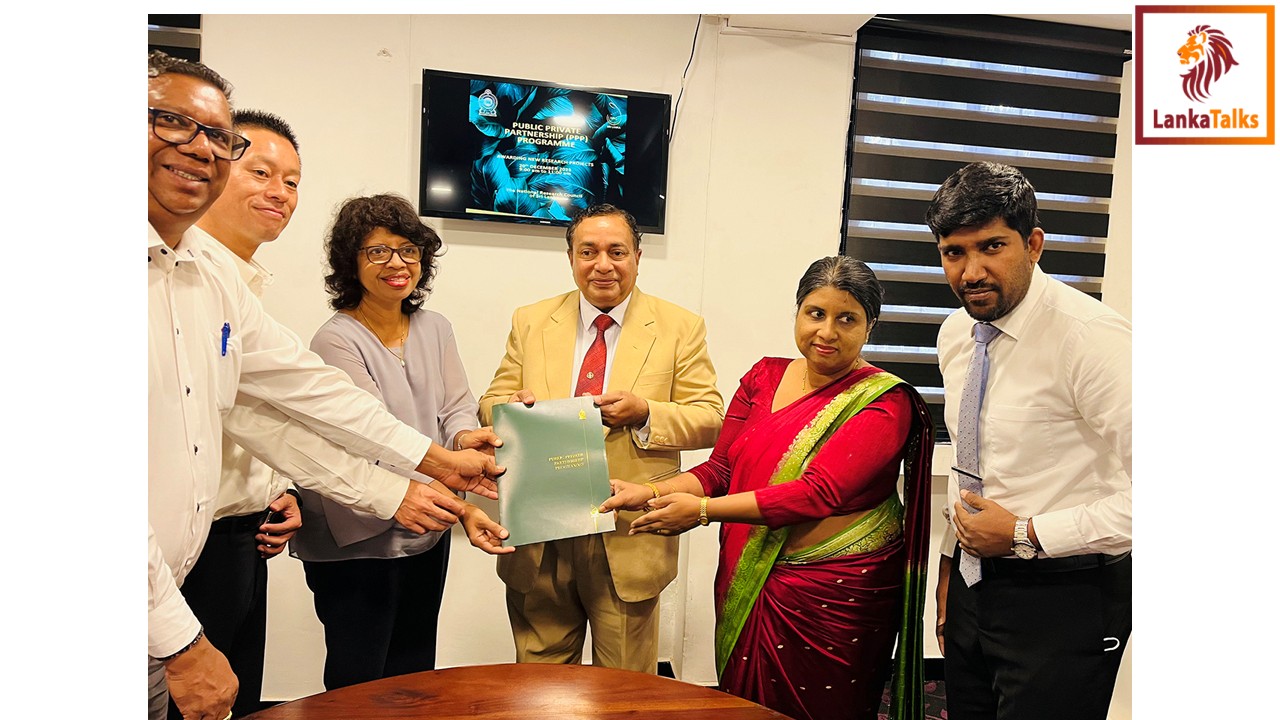
 A.R.B.J Rajapaksha
A.R.B.J Rajapaksha
